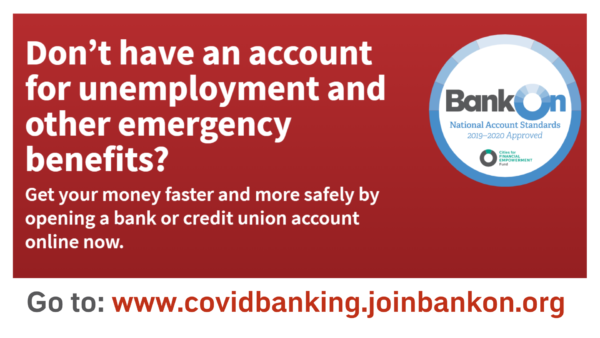Since it launched in 2020, the City of Detroit’s Financial Empowerment Center (FEC), as part of the CFE Fund’s national FEC Public initiative, has helped homeowners with low incomes avoid property tax foreclosure and stay in their homes. Working with the Wayne County Treasurer’s Office (WCTO) and the Wayne Metropolitan Community Action Agency (Wayne Metro), the City’s FEC joined a property tax relief ecosystem that is complex and constantly evolving, especially in response to the COVID-19 pandemic. Its ability to adapt to changing systems while remaining focused on client services enabled the FEC to help 485 homeowners reduce their overall debt by over $3 million to date.
To study the benefits of the relationship between Detroit’s property tax relief programs and the financial counseling services provided by the FEC, the CFE Fund partnered with the City of Detroit and MEF Associates, with generous support from the Wells Fargo Foundation. This study combines original qualitative research with a unique analysis of administrative data to explore sustainable homeownership outcomes experienced by clients participating in FEC financial counseling, the factors that influence those outcomes, and other questions to inform future programming and the broader field.
This report outlines the challenge of property tax foreclosure in Detroit, the opportunity to connect residents in danger of foreclosure with FEC financial counseling, and findings on how Detroit’s publicly-led financial counseling program supports low-income homeowners with property tax challenges.
